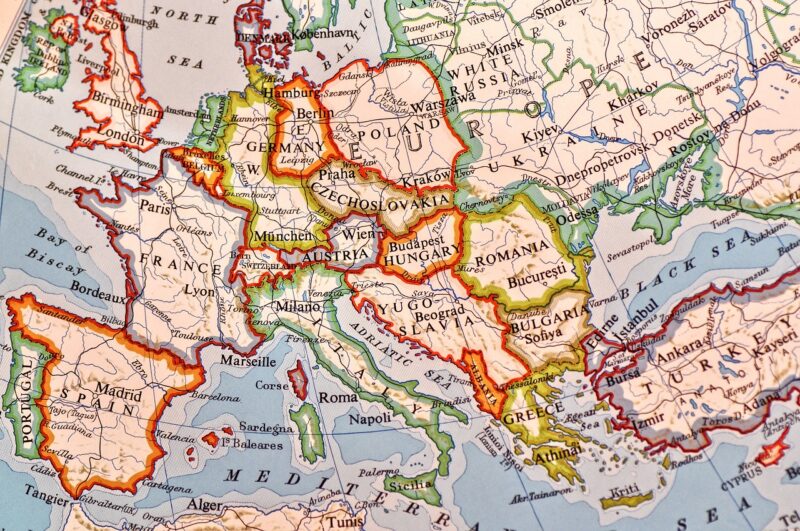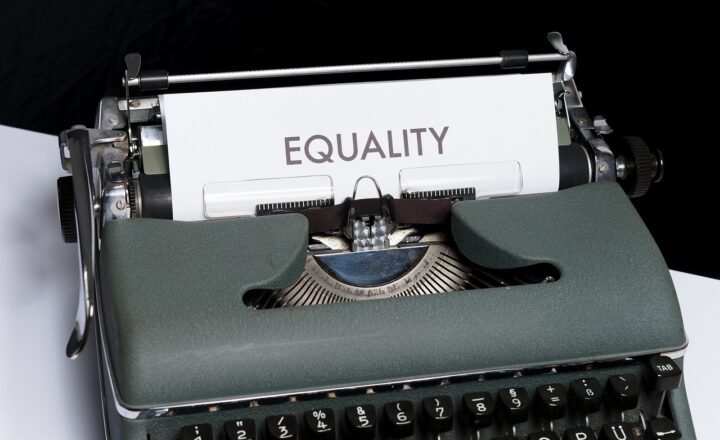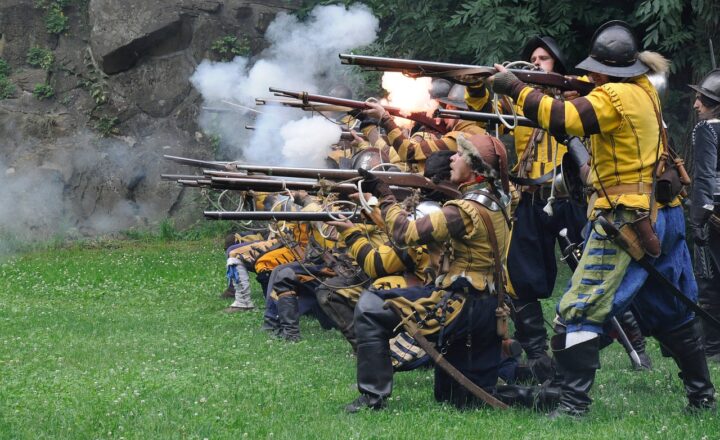Why Political History Matters in Understanding Current Global Conflicts
November 16, 2024

Political history is often viewed as a series of past events that shaped nations and their relationships with one another. However, understanding political history is essential for interpreting current global conflicts as it provides context, reveals patterns, and highlights underlying issues that continue to influence international relations today. From colonialism to the Cold War and modern-day geopolitical strife, the echoes of history are often present in the decisions made by governments and the actions of citizens worldwide.
1. The Complexity of Political History
Political history is complex and multifaceted, encompassing various themes, such as power dynamics, ideological movements, territorial disputes, and the struggle for rights and freedoms. Each era contributes to the collage of global interactions that shape policies and perspectives.
A deep dive into political history reveals how events were interwoven. For instance, the Treaty of Versailles, signed after World War I, not only attempted to establish peace but also sowed the seeds of future conflicts, notably World War II, due to the economic and social instability it caused in Germany.
– Historical events, therefore, do not merely exist in isolation; they are generally the result of a confluence of factors that resonate through time. Understanding these connections is crucial for forming a complete view of current international issues.
2. Historical Context and Modern Conflicts
To grasp the complexities of modern conflicts, one must engage with historical context. For example, the enduring conflict between Israel and Palestine cannot be fully understood without examining its roots that extend back to the early 20th century, marked by territorial claims, cultural tensions, and failed negotiations.
This aspect of history cannot be overstated. Political decisions often draw on lessons learned (or ignored) from the past. Political leaders frequently reference history to justify current policies, making a thorough understanding of historical events vital.
– Moreover, the rise of populist movements in various countries today reflects historical cycles of discontent, where economic hardship leads to social unrest, ultimately reshaping the political landscape. This recurrence of patterns presents a crucial element in realizing future political stability.
3. Patterns of Governance and Conflict Resolution
Studying political history uncovers numerous governance models and their respective outcomes. Historical events demonstrate that authoritarian regimes, democracies, and hybrid systems have different capacities for conflict resolution.
Key historical insights into governance include:
- The Fall of Empires: The collapse of empires like the Ottoman and Austro-Hungarian empires offers lessons in national identity and the fragility of centralized power in diverse societies.
- The Role of International Organizations: The establishment of the United Nations post-World War II serves as both a lesson and a platform for international dialogue, grounding contemporary conflict resolution methods in their historical emergence.
- Decolonization Movements: Post-World War II, numerous nations fought for independence, often leading to internal strife and establishing the need for understanding ethnic complexities in governance, evident in regions like Africa and the Middle East today.
By recognizing these patterns, policymakers can craft more informed strategies aimed at conflict prevention and resolution, grounding solutions in historical outcomes rather than reactive impulses.
4. Historical Narratives and National Identities
The narratives constructed by nations regarding their historical actions and experiences play a significant role in shaping national identity, influencing how citizens perceive both their government and foreign entities.
– The process of historical memory formation often leads to either reconciliation or resentment. For example, Germany’s response to its Nazi past showcases how grappling with history can either pave the way for robust democracies or lead to dangerous nationalistic tendencies.
Understanding how history is taught and interpreted can offer insights into current societal divisions and the popularity of certain political movements. Countries that embrace comprehensive historical education tend to cultivate a more open dialogue about contemporary issues.
5. International Relations and Historical Precedents
The dynamics of international relations are deeply influenced by history. Countries often base their foreign policies on historical relationships, choosing either to repeat the cycles of the past or to break away from them.
– For instance, the Cold War period fostered long-standing alliances and tensions that persist to this day, influencing modern attitudes towards NATO, Russia, and China. Understanding the Cold War’s outcomes is crucial for interpreting current military standoffs and diplomatic negotiations.
The historical underpinnings of international treaties, alliances, and conflicts all inform today’s geopolitical landscape, accentuating the importance of viewing current relations through a historical lens.
Conclusion: Embracing Political History for a Better Future
Understanding political history is not just about piecing together the puzzles of the past; it is an essential tool for comprehending and addressing contemporary challenges. Whether it’s navigating shifting political alliances, dealing with nationalism, or addressing conflicts, a historically-informed perspective allows individuals and governments to make wiser decisions based on reflective analysis rather than reactionary measures.
As we venture further into the complexities of the 21st century, recognizing the importance of political history and its relevance to current global conflicts will ultimately contribute to a more thoughtful and comprehensive approach to foreign policy and international relations. It is through this lens that we can aspire to not repeat the mistakes of history and craft a better future for generations to come.







